Trying to figure out the difference between the various skincare ingredients out there can get confusing. There’s hyaluronic acid and niacinamide, retinols and retinoids, collagen and ceramides—you know they’re all good for the skin, but how do you know which ingredients to prioritize, and how the heck can you shop for skincare products? It’s all a bit overwhelming.
Two skincare ingredients that I’ve seen a lot in products are peptides and retinols. So, I decided to do some detective work and see what they’re all about—I turned to some dermatologists to get some information about them, if one is better than the other, and how to use them. But first, it helps to get some clarification on what the two ingredients are on their own.
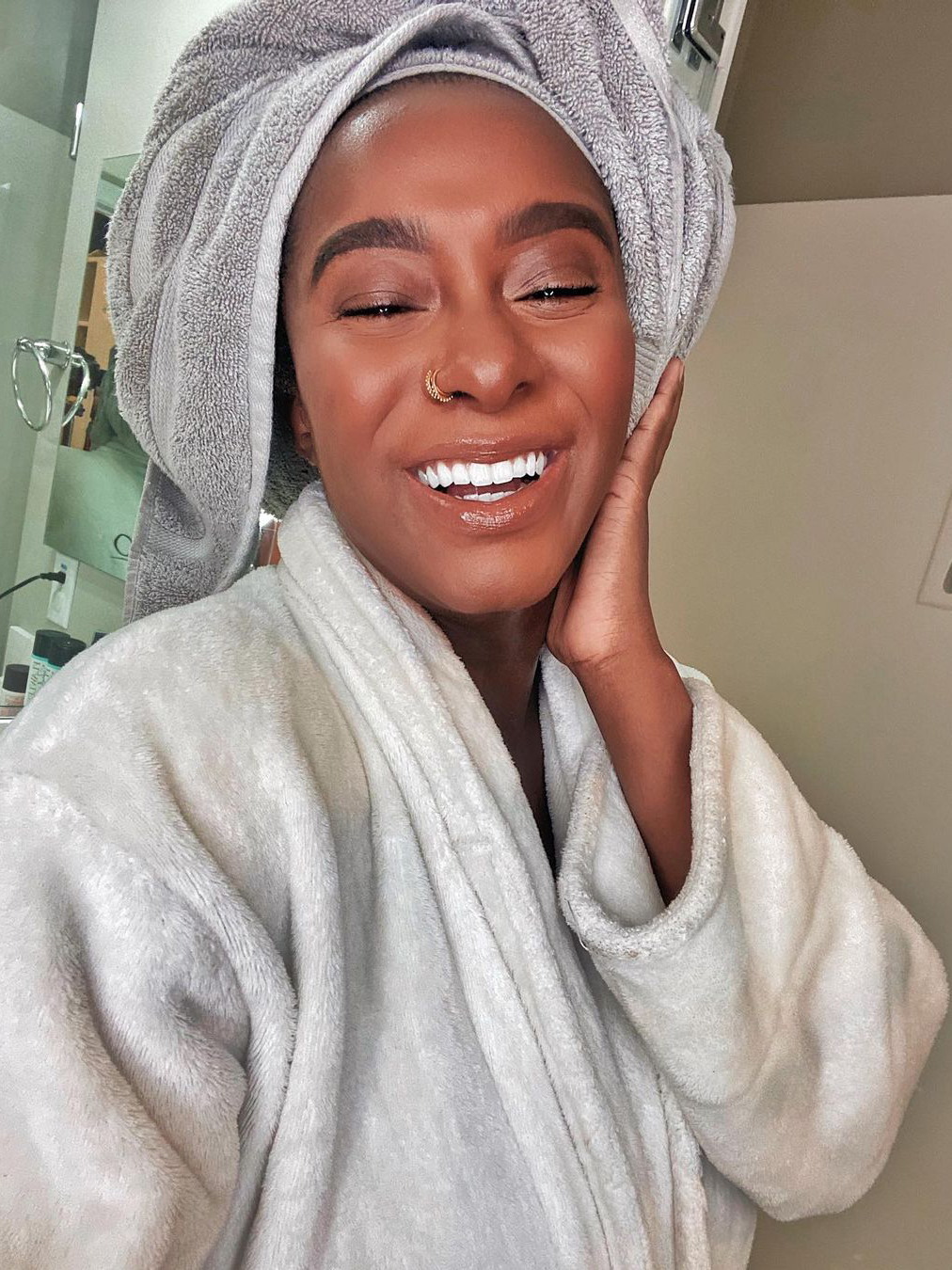
Peptides are naturally occurring amino acids that are the building blocks used to make proteins in our skin, explains Joyce Imahiyerobo-Ip, MD, FAAD, founder and CEO of Vibrant Dermatology and Skin Bar MD. “Collagen, for example, is made up of three polypeptide chains,” she says. “Adding peptides to skincare products has many benefits, including stimulating collagen production, improving skin barrier function, improving skin’s elasticity, and decreasing inflammation in the skin.”
And not all peptides are the same, there are different types used in skincare. Tiffany Libby, MD, FAAD, Reserveage’s resident dermatologist, says when applied topically, the peptides act as little messengers and instruct the skin cells to perform functions like building collagen and elastin, reducing inflammation, and maintaining hydration.
“The main groups are signaling peptides, enzyme-inhibiting peptides, carrier peptides, and neurotransmitter-inhibiting peptides,” Libby says. “Signaling peptides work to stimulate new collagen and elastin production. Enzyme-inhibitor peptides block the enzymes that break down or degrade collagen. Carrier peptides deliver minerals to the skin that are essential for specific enzymatic processes like cross-linking collagen and wound healing. Neurotransmitter inhibitor peptides work similarly to neurotoxins like Botox, but with lower efficacy to reduce wrinkle formation.”
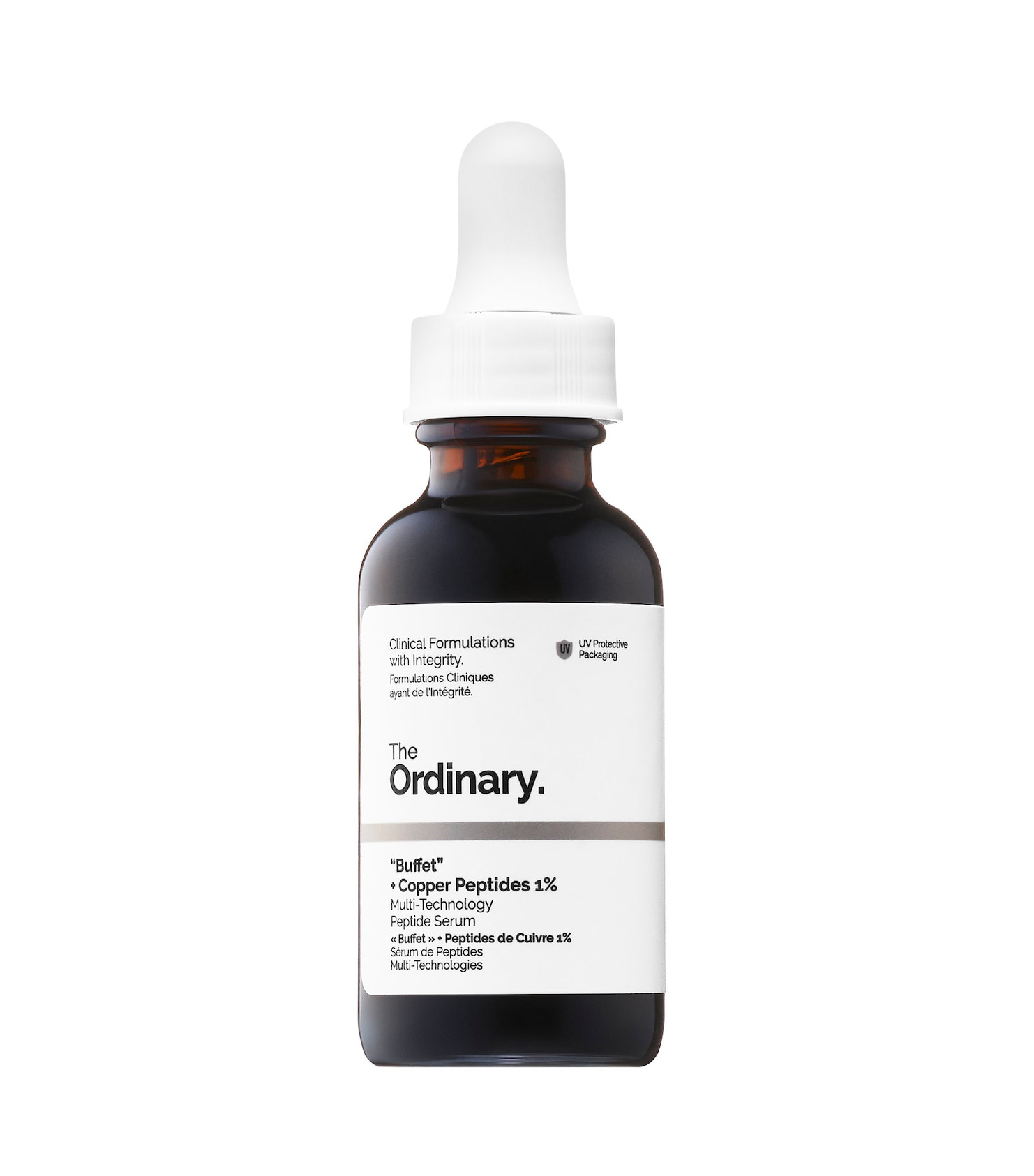
You’ve probably also heard of copper peptides, which is becoming sort of a buzzword in skincare. Libby says they can be classified as carrier peptides and they specifically deliver copper to the dermis. “Copper is known to be a critical component involved in the formation of enzymes, like superoxide dismutase which is a potent antioxidant in the skin, and lysyl oxidase, an enzyme that helps form collagen,” she says. “They are most commonly found in serums and creams, alongside other anti-aging and brightening ingredients as they have minimal side effects.”
And Corey L. Hartman, MD, FAAD, founder of Skin Wellness Dermatology adds that copper peptides increase blood flow and enhance the delivery of nutrients to the skin. “This results in the reduction of wrinkles, skin that is firmer, and a more even skin tone,” he says. “In addition, copper peptides provide antioxidant protection which further reduces inflammation and scavenges free radicals to diminish collagen breakdown.”
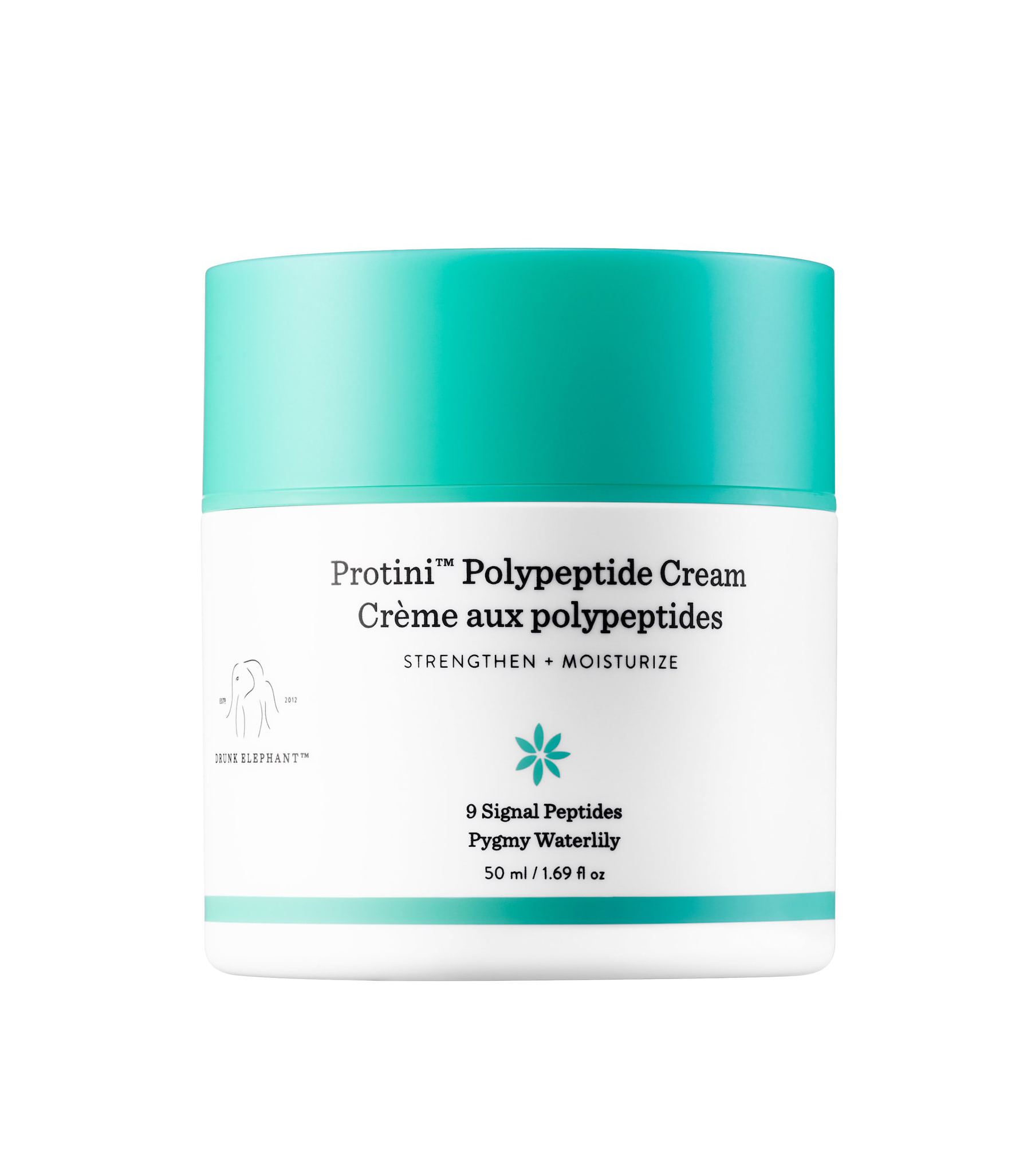
For the most part, pretty much everyone can benefit from peptides in skincare. “Peptides are essentially effective for all skin types, specifically those looking for additional hydration and anti-aging benefits,” says Kathleen S. Viscusi, MD, FAAD, FACMS, co-founder and partner at Dermatology and Surgery Specialists of North Atlanta (DESSNA). The ingredient can also soothe any redness or provide relief for people with rosacea. And Ife Rodney, MD, FAAD, of Eternal Dermatology and Aesthetics says that people with dull, dry skin, wrinkles, sagging skin, and photoaging may see the biggest benefits.
For people with dry or sensitive skin, Libby recommends sticking to moisturizing formulas that calm and soothe and contain ingredients, like hyaluronic acid, glycerin, ceramides, and niacinamide. “Peptides is a term that can be used widely in skincare, but it’s important to recognize that there are some peptides that are more well studied than others and have human clinical studies to back them,” she adds.
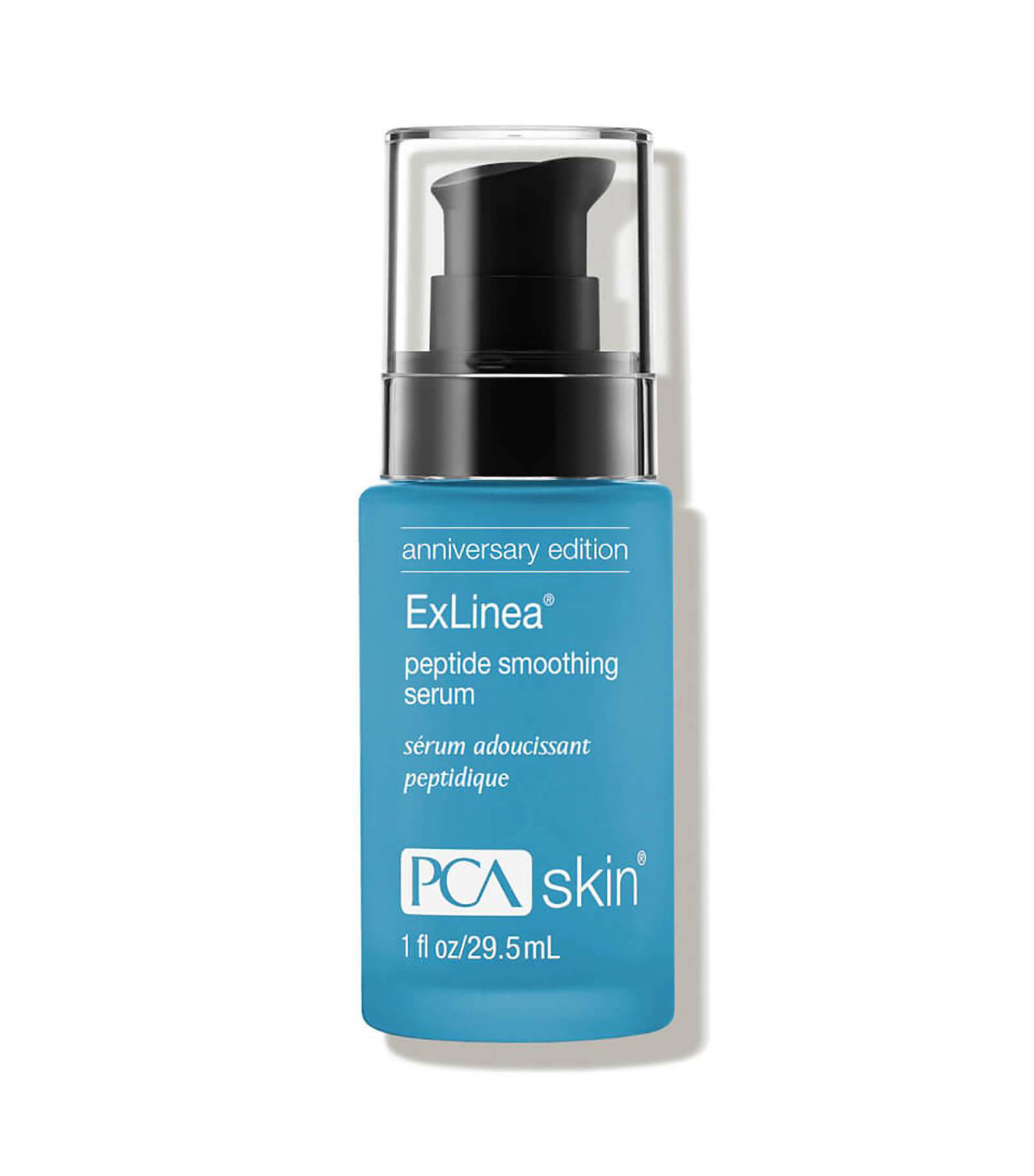

“Retinols are vitamin A derivatives that help stimulate skin turnover,” explains Imahiyerobo-Ip. “As we age, cell turnover slows down, and the skin takes on a dull appearance. There are different types of vitamin A derivatives: retinyl palmitate (weakest), retinol (stronger), retinaldehyde (even stronger), and finally retinoid (strongest). Retinol can help with anti-aging concerns, and prescription-strength retinoids also treat acne.”
And since retinol promotes cellular turnover, it can help with issues and conditions like hyperpigmentation, acne, fine lines, wrinkles, and more. With use over time, you may see improvement in the skin’s texture, tone, and elasticity, Libby adds.
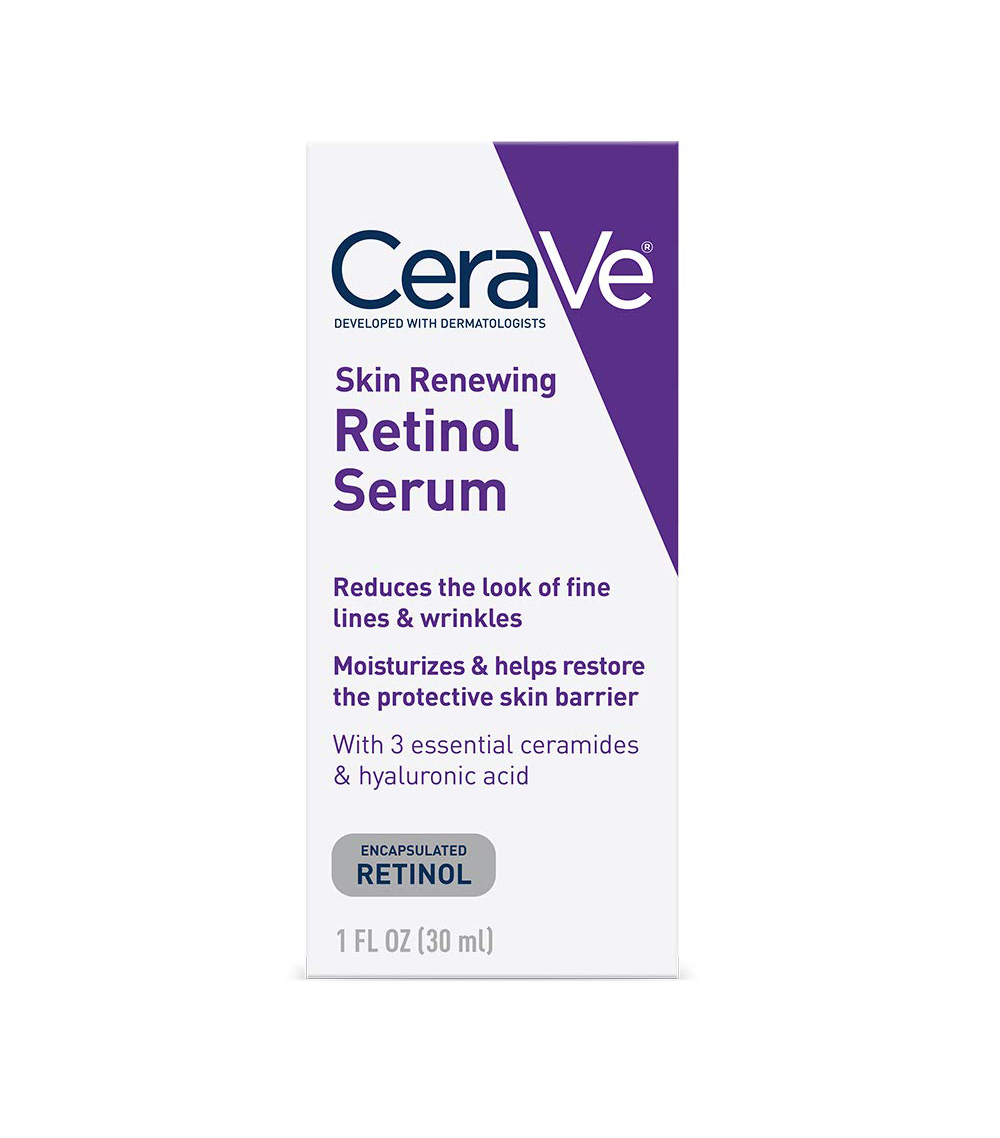
It’s not a big secret that retinol is a holy-grail ingredient in skincare—in fact, almost every dermatologist recommends a retinol or retinoid as an essential product. “These vitamin A derivatives are among the most studied and published ingredients in skincare,” Hartman says. “Their benefits are numerous and unparalleled and are arguably the most important step that you can take for overall skin health and anti-aging after sun protection factor. Retinols regulate cell turnover, promote effective exfoliation, prevent acne, even discoloration, control oil, smooth fine lines and wrinkles, unclog pores, and so much more.”
It’s important to note, though, that retinol can be irritating or cause dryness, especially if you have very sensitive skin, eczema, or rosacea. Hartman says there are retinol alternatives that you can use if you do have these skin types. And you can also slowly introduce the product into your skincare routine to see how your skin reacts. “Use the lowest concentration possible (0.01% – 0.03%) and slowly work your way up. Test some on a patch of skin to observe any adverse reactions,” Rodney recommends.
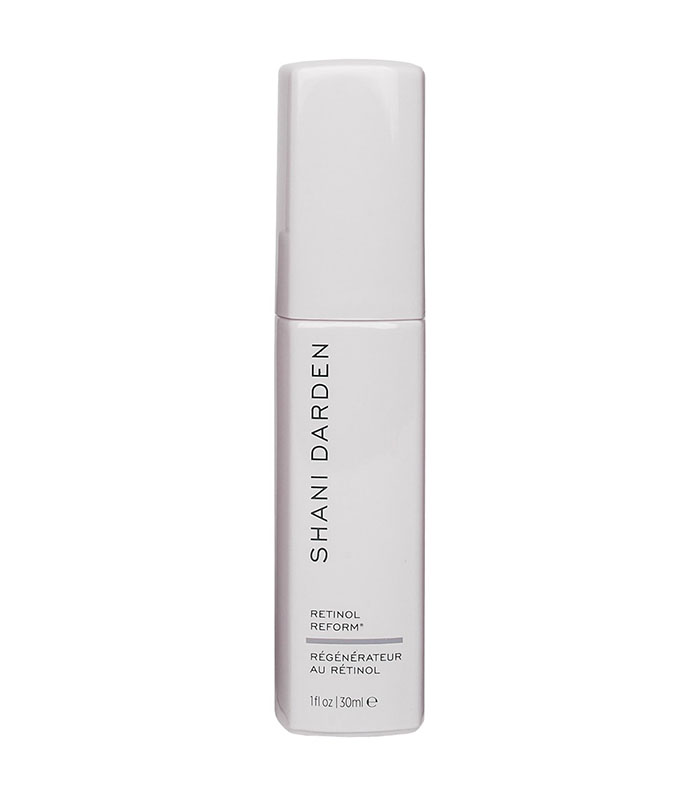
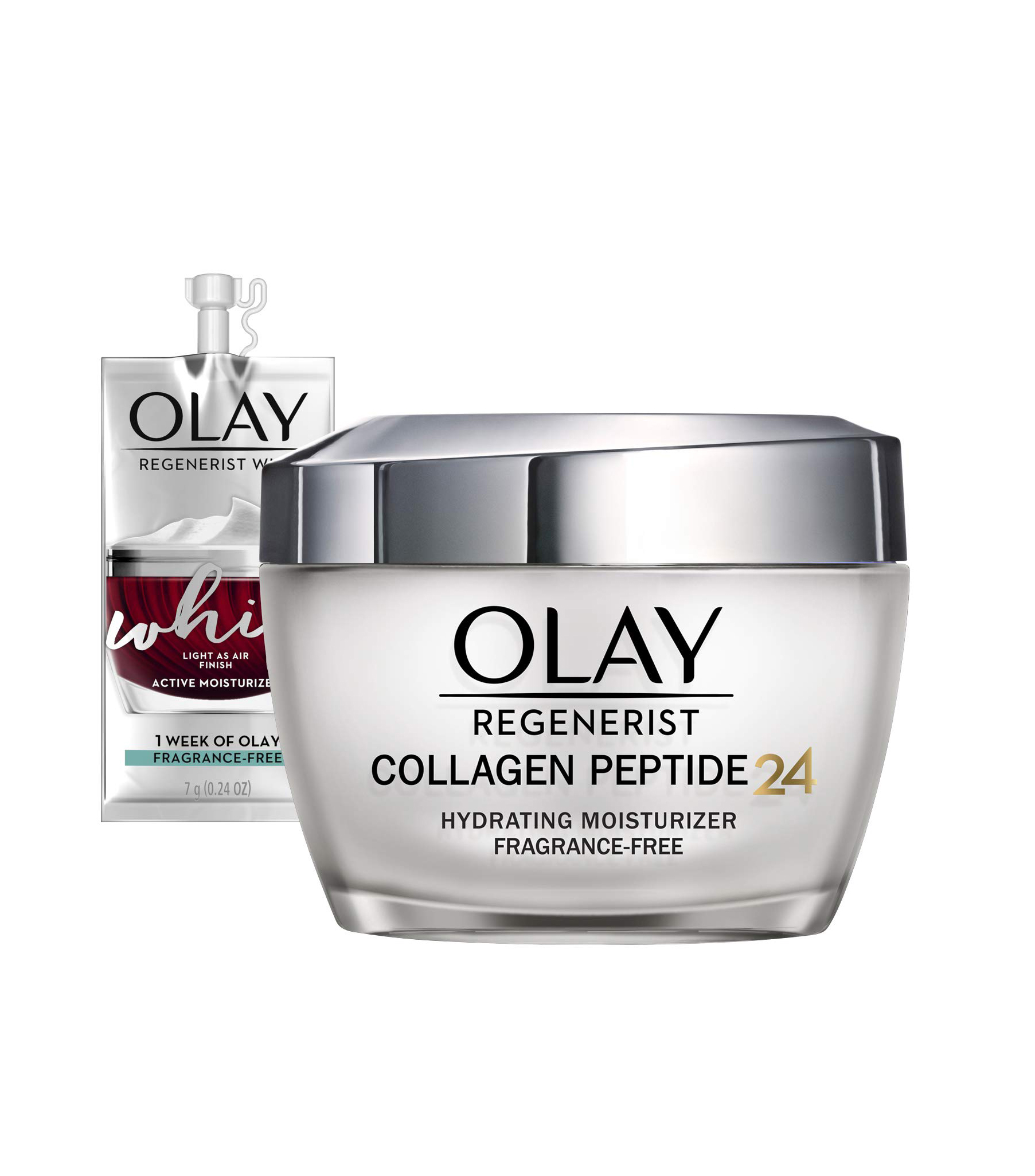
If you were looking for a definitive answer on which ingredient wins out, you’re out of luck. They’re both equally good for the skin and one isn’t better than the other. I guess you can think of it as comparing apples and oranges. “While retinol has more scientific research than any other skincare ingredient, both are beneficial to a good skincare regimen,” Hartman says. “While retinol helps speed up skin cell turnover, peptides increase collagen, hyaluronic acid, and other key components of the skin. Both work through different mechanisms of action, which is what makes it such a mighty combination. You can either use these together in your nightly routine or use peptides in the morning and retinol in the evening.”
Viscusi adds that the significant difference between the two is peptides tend to have moisturizing characteristics, while retinols can be drying or irritating. “Retinol is a stronger ingredient, and while both work towards cellular turnover, they do so in different ways,” she explains. “That said, if you’re looking for hydration, peptides are likely the better route. If you are looking to help keep acne at bay while also providing anti-aging benefits, retinols may be better suited for you.”
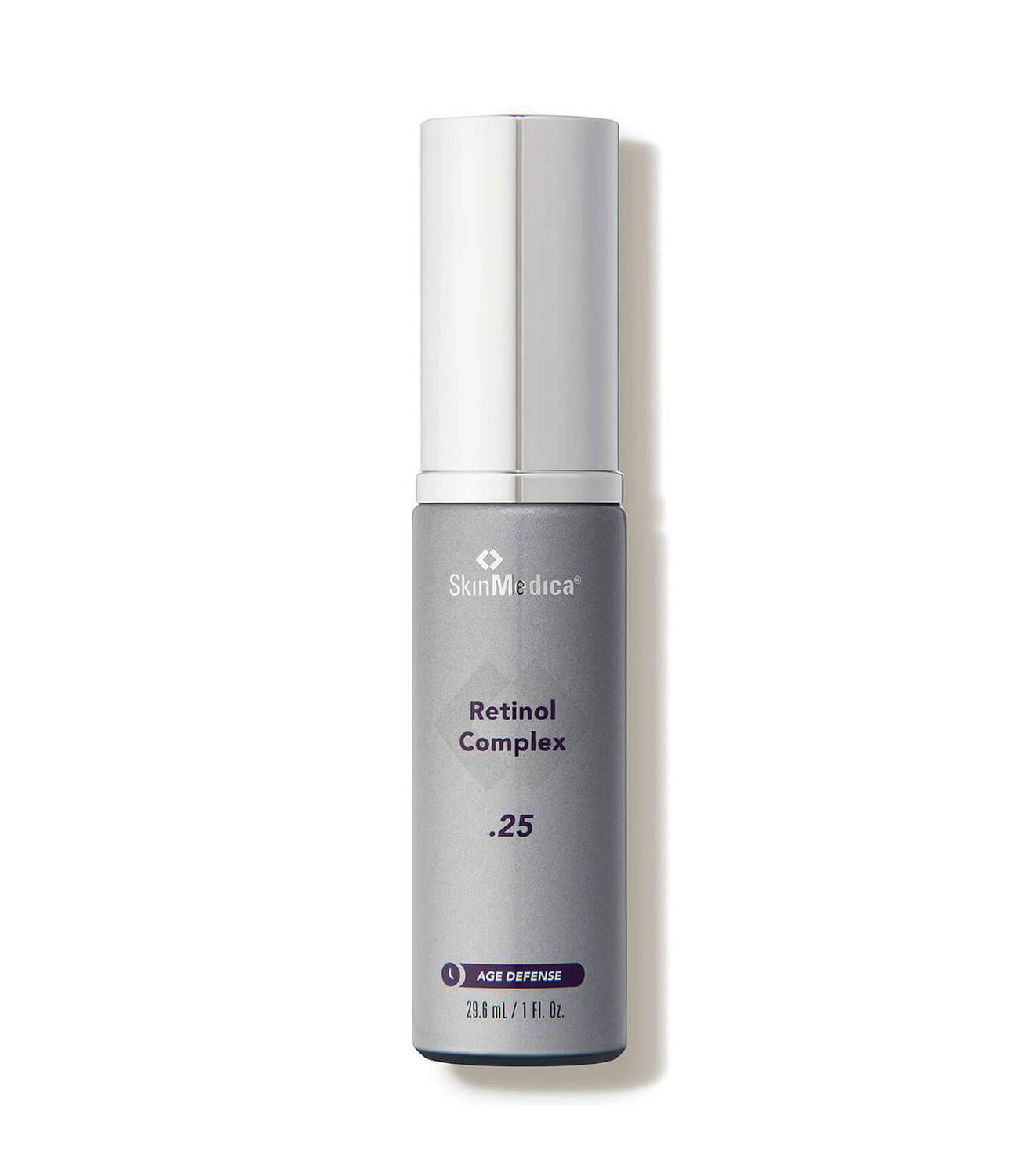
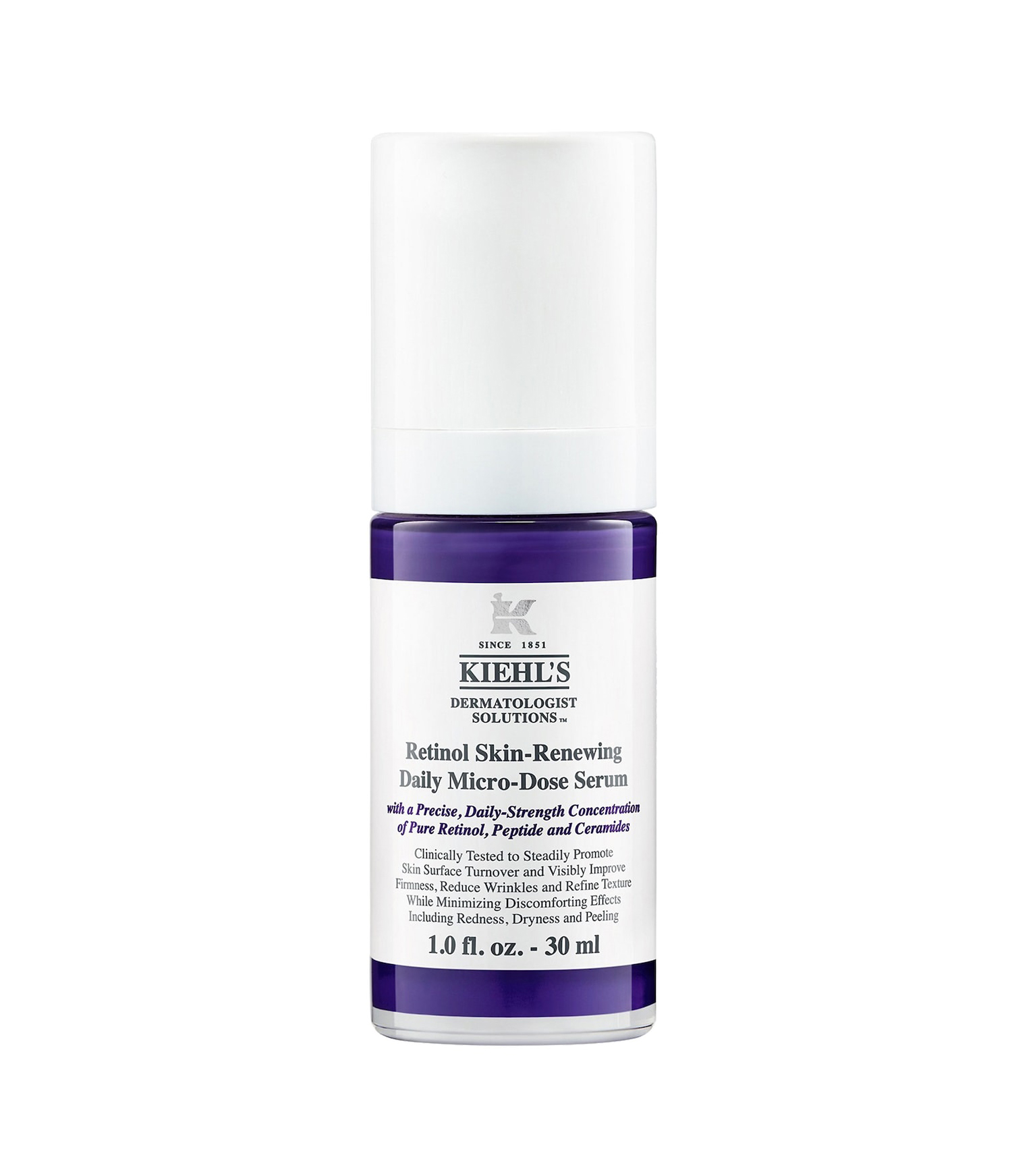
Because they’re different but beneficial, it’s no surprise that using both products together is the best way to get the most bang for your skincare buck, so to speak. The dermatologists say that they work synergistically to enhance anti-aging benefits, improve skin tone and texture, and promote collagen production. “Peptide products can be used either day or night, while I always recommend retinols to be used at night, followed by SPF protection in the morning,” Viscusi says. “I’d recommend combining the two products as they complement and balance each other nicely.”
If you plan on using retinol and peptides in separate products, Rodney suggests introducing one first to build up some tolerance and then add the other to your skincare routine. “If you have a product that contains both, consider using smaller amounts (skincare microdosing) and work your way up to the recommended use,” she adds.
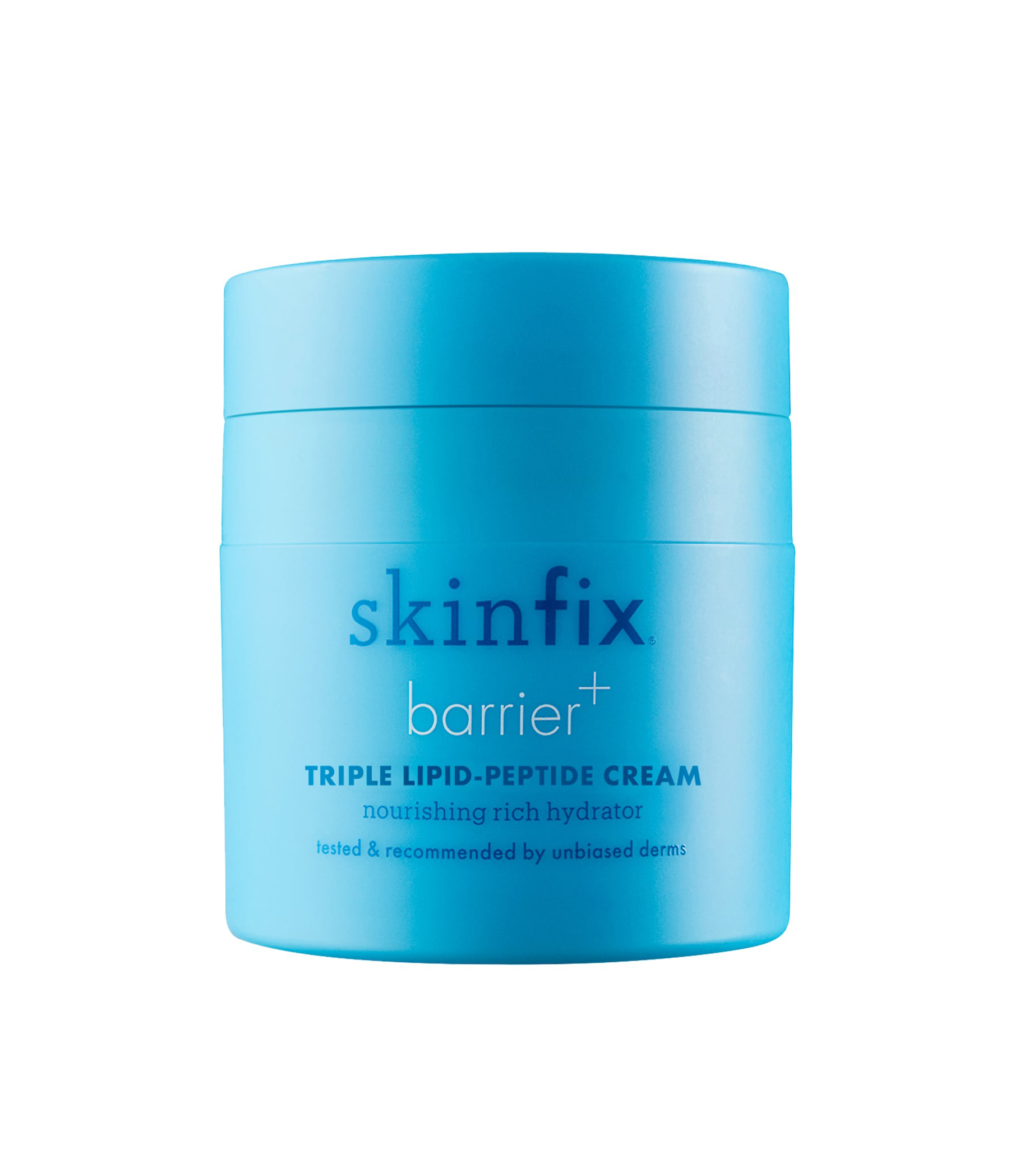
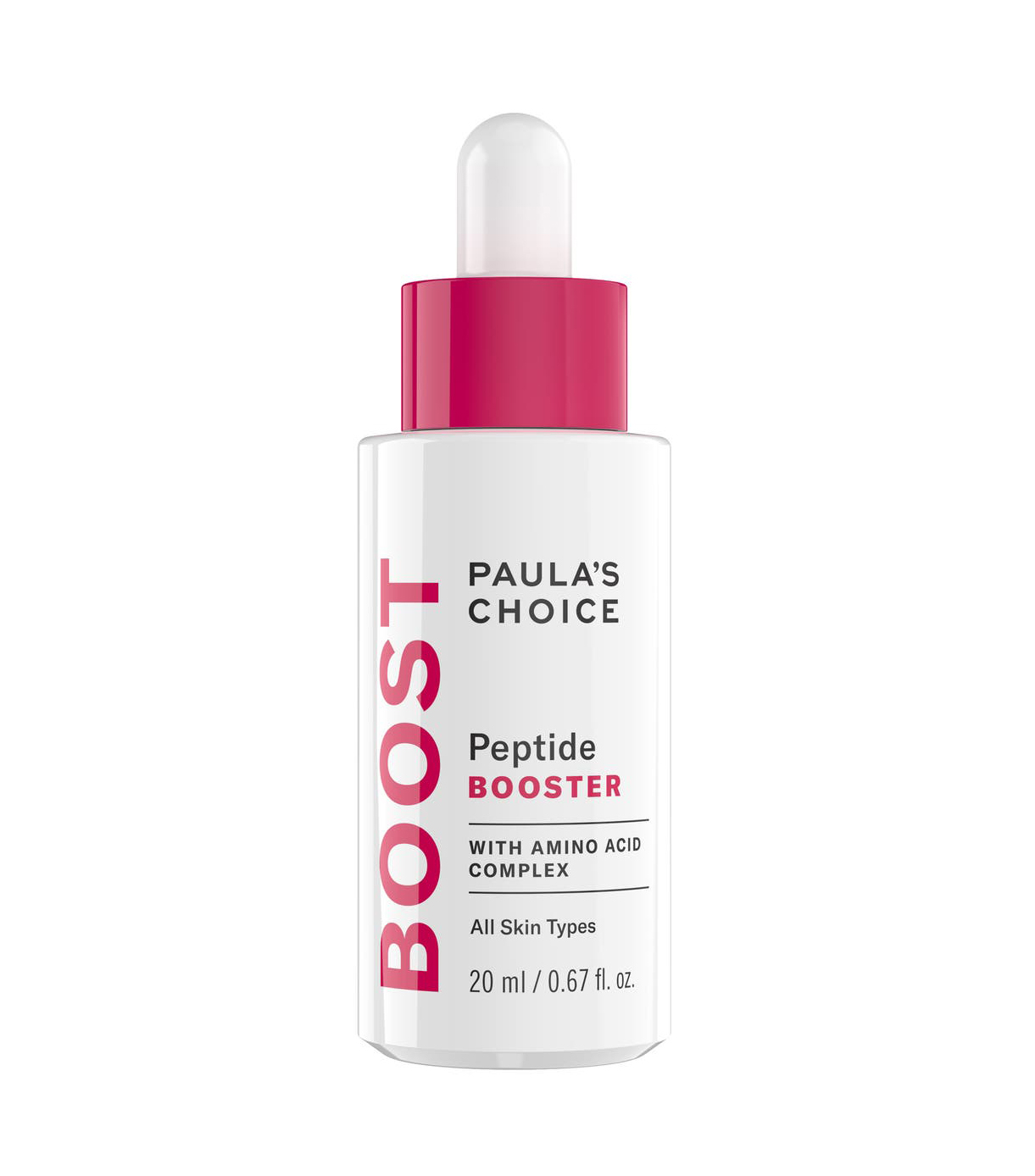
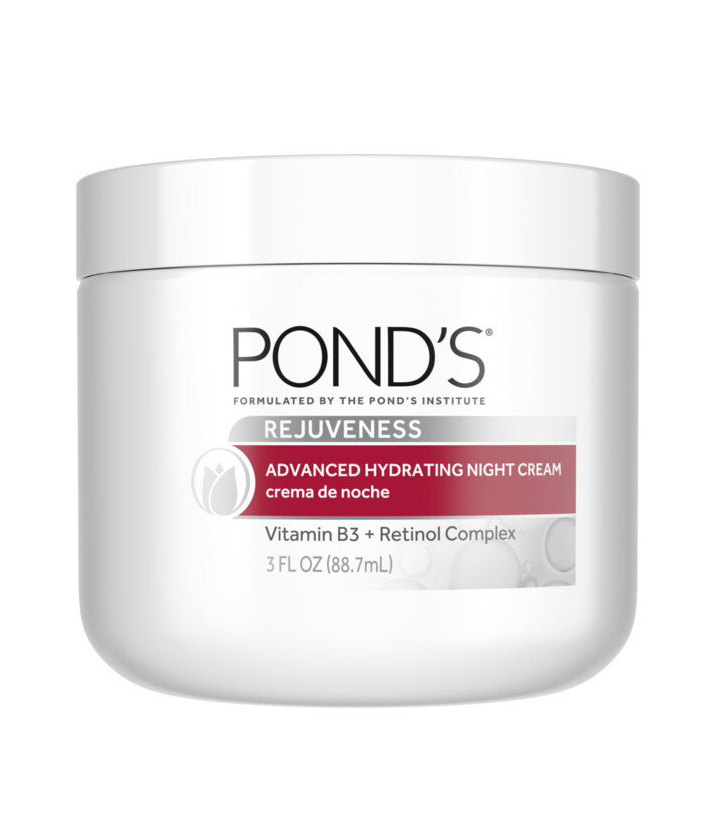
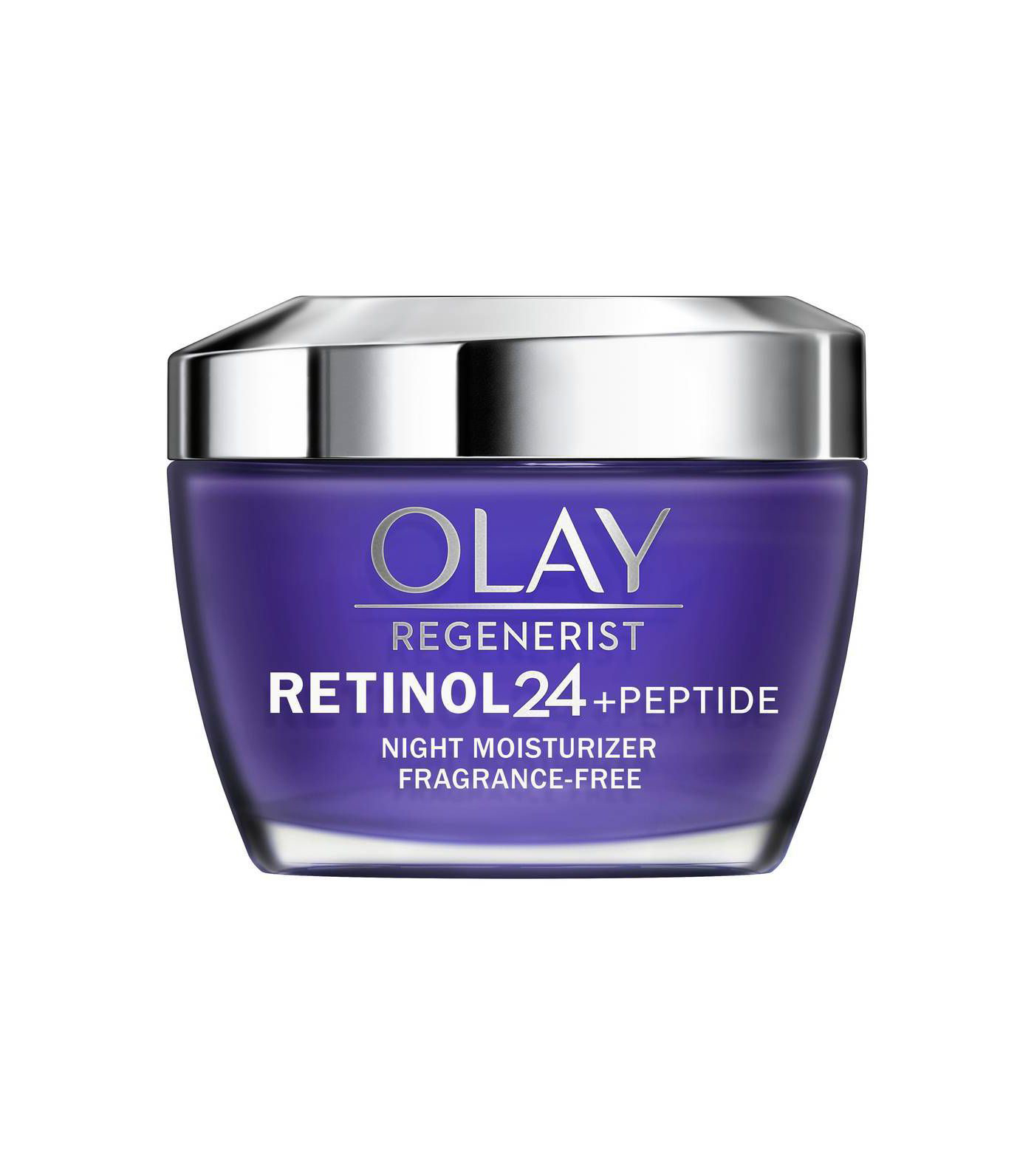
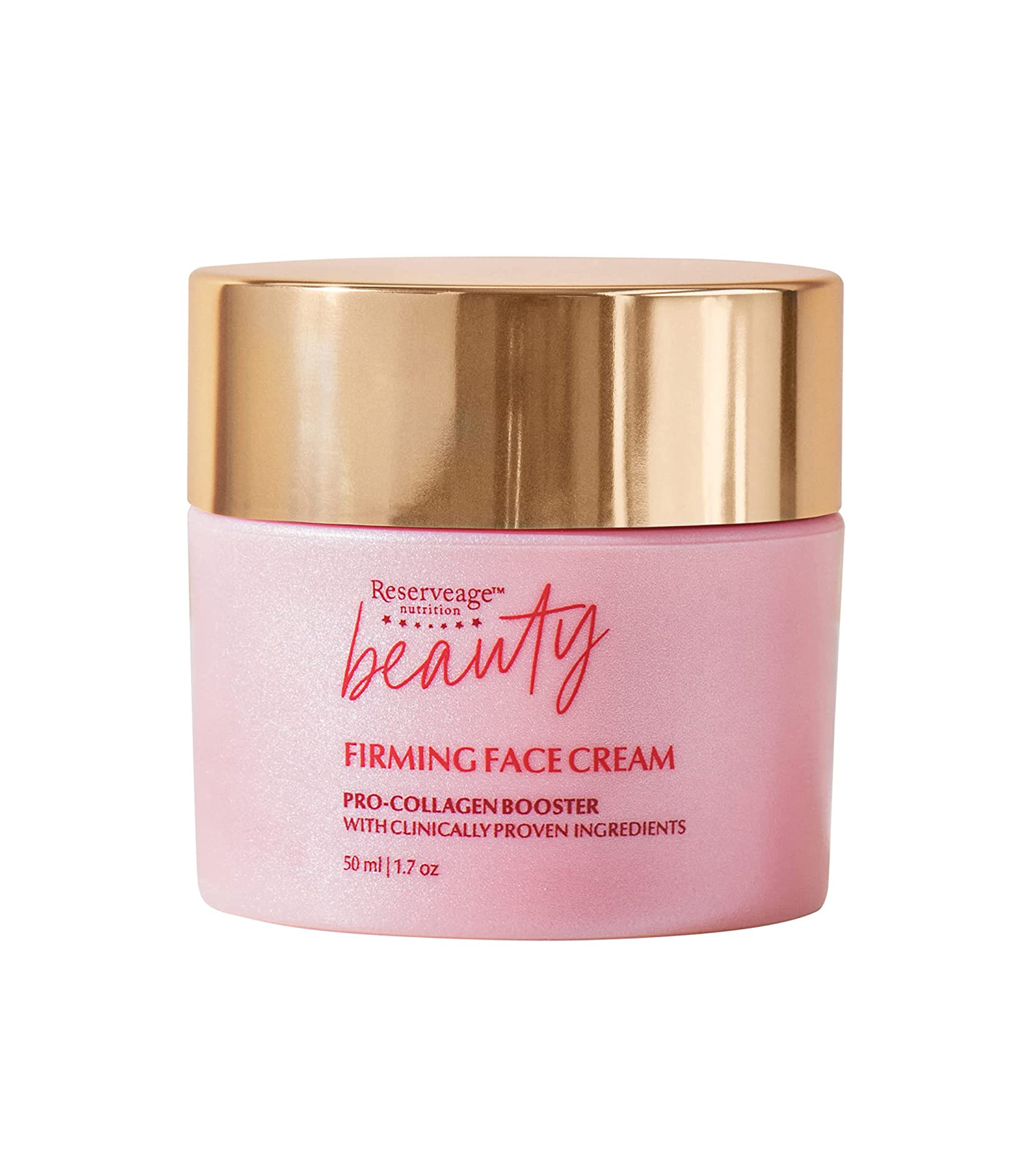
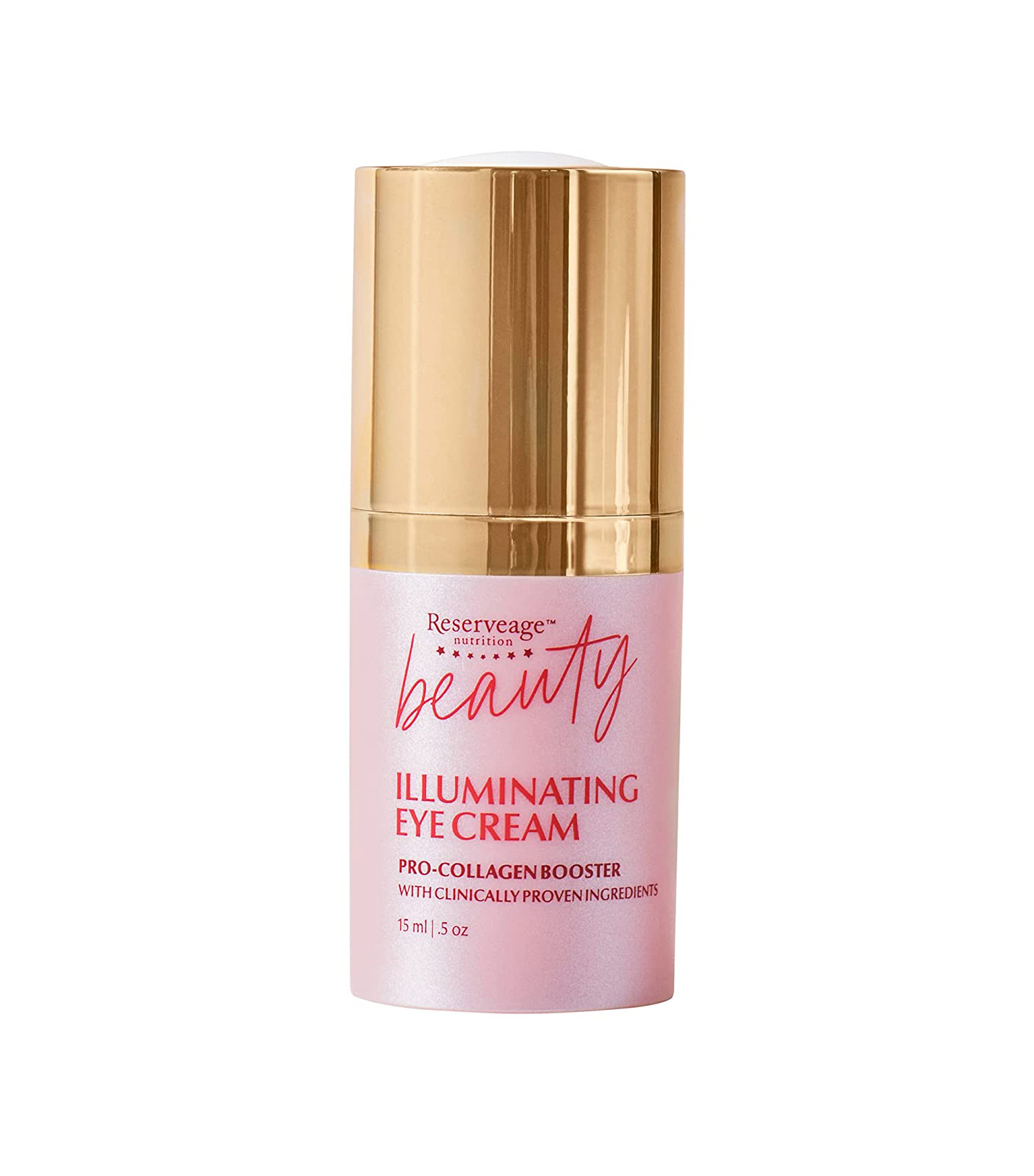
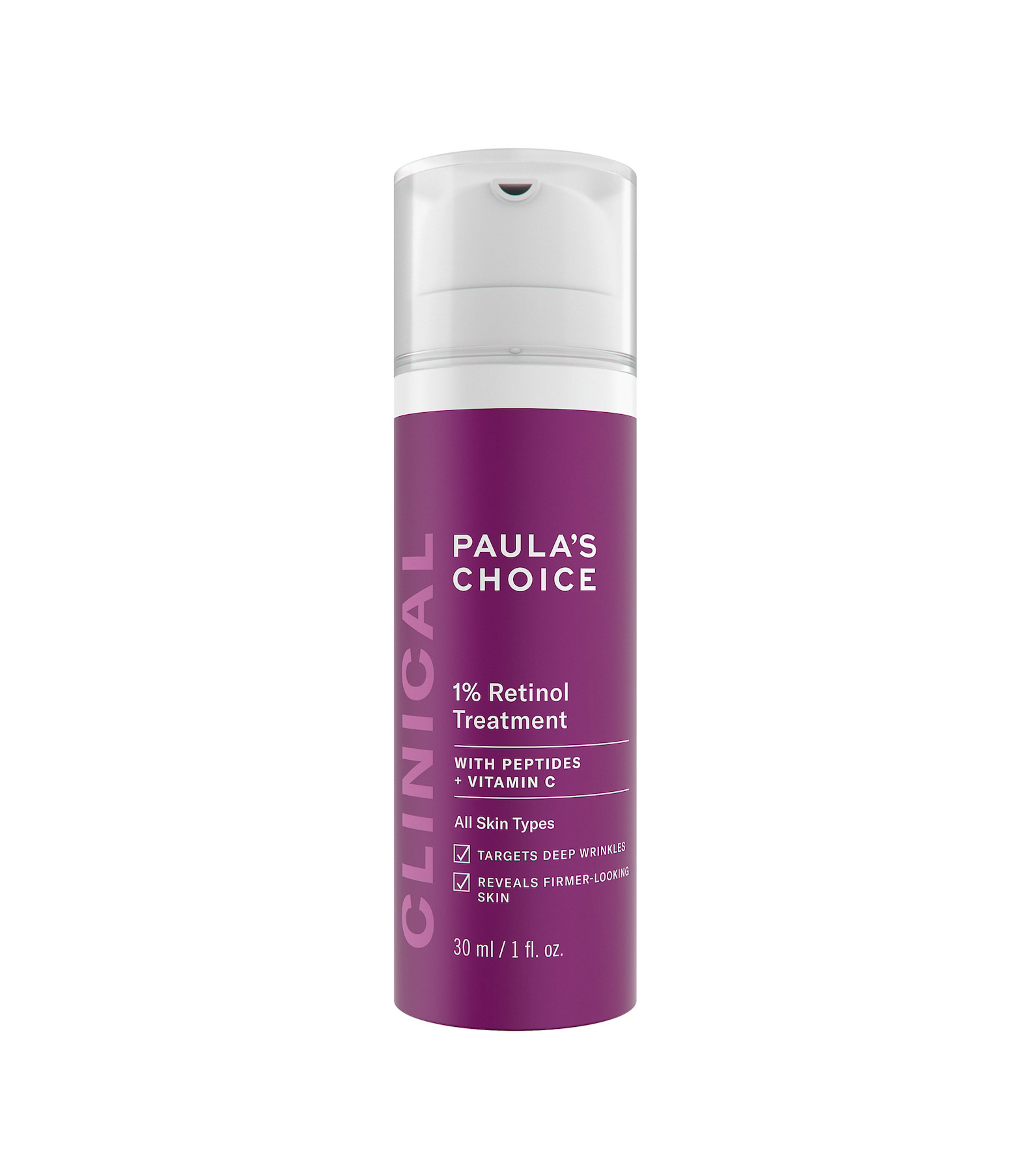
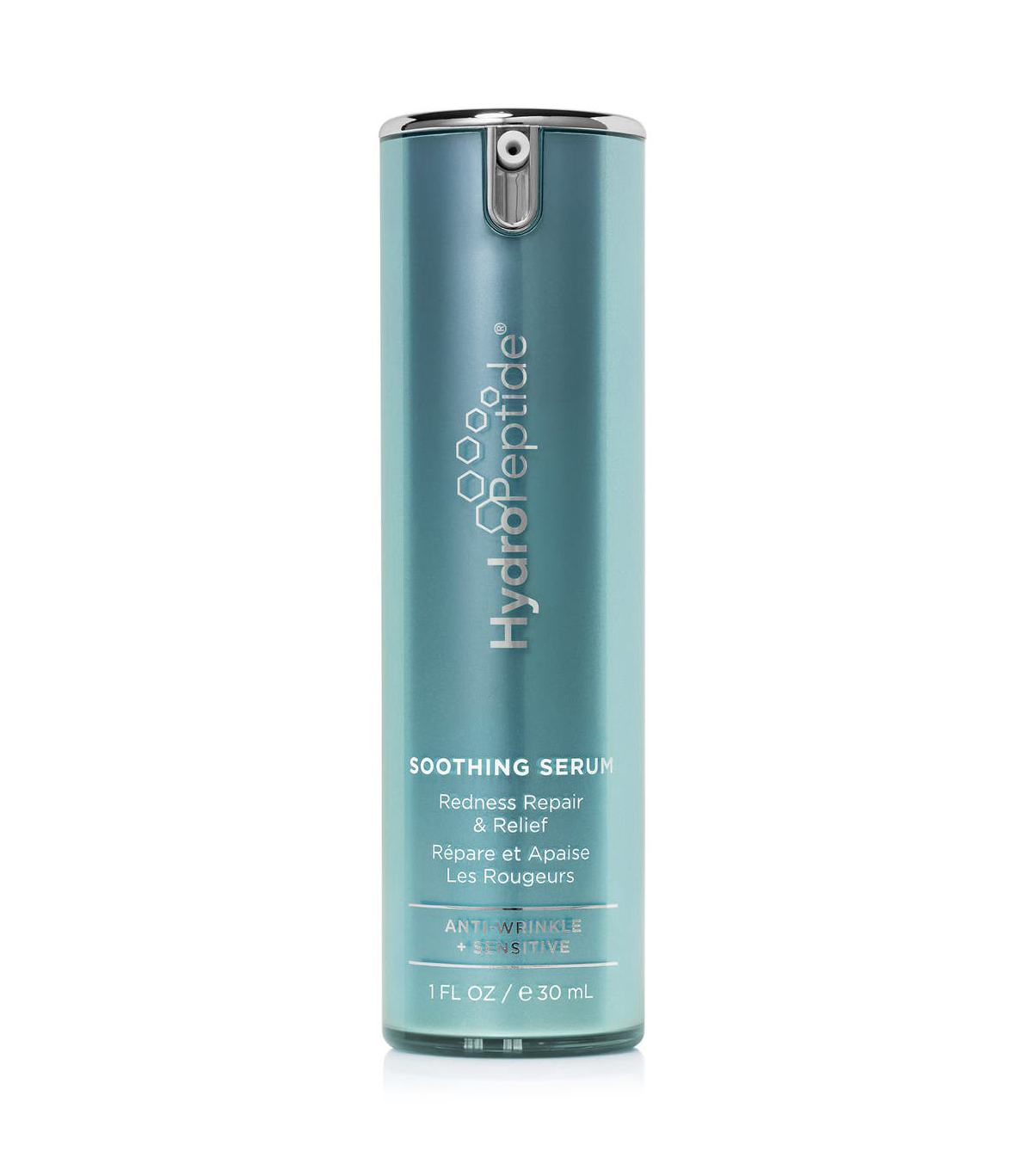
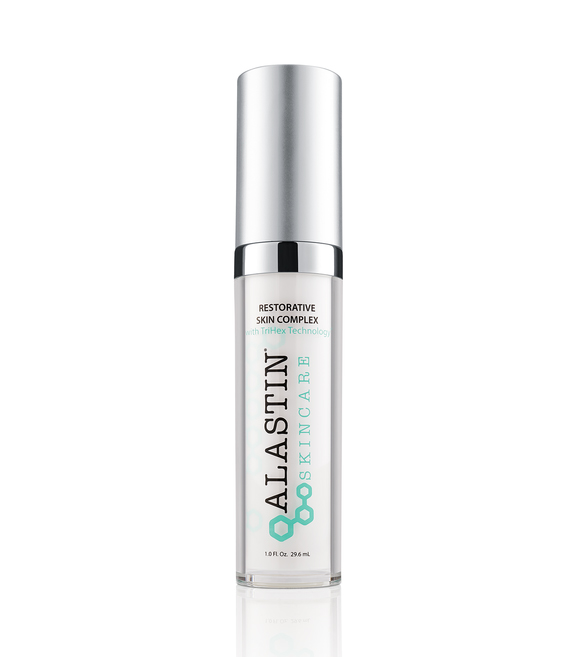
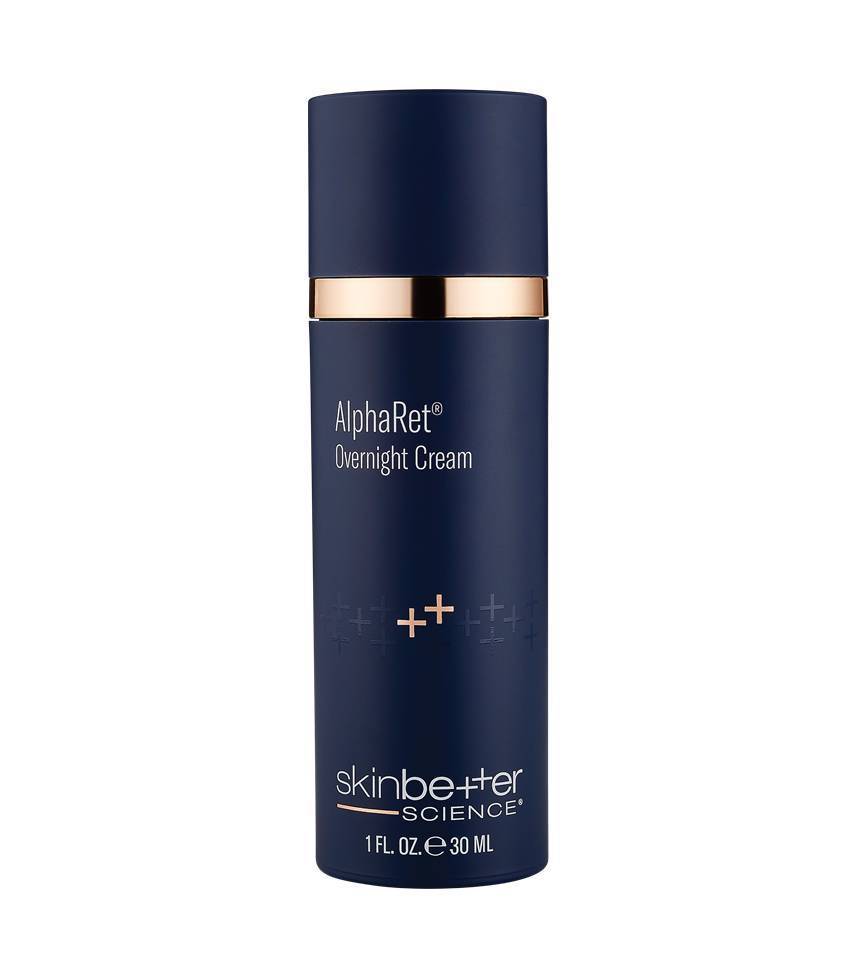
Powered by WPeMatico





